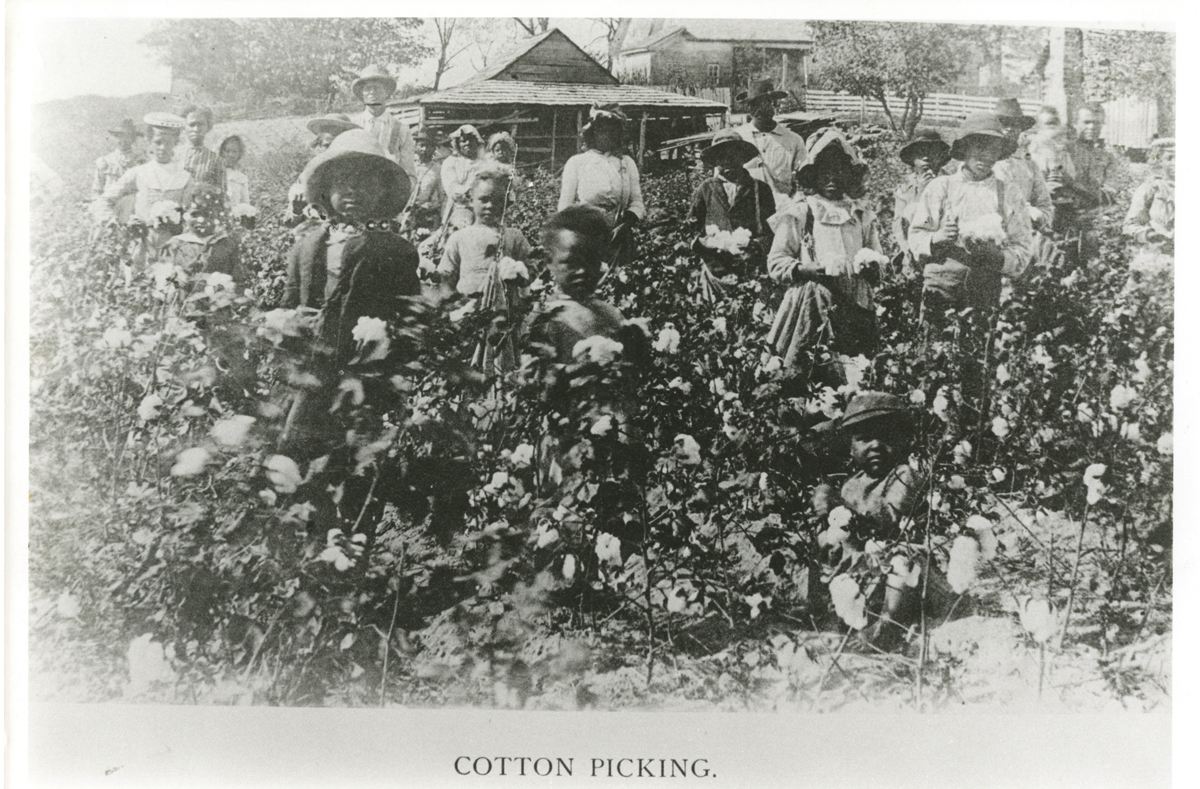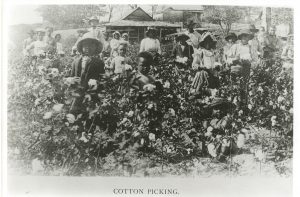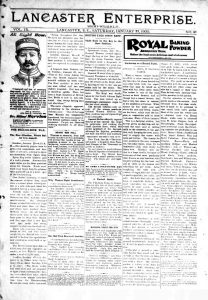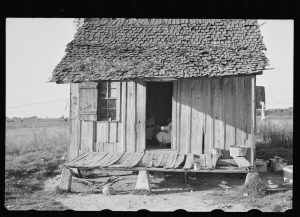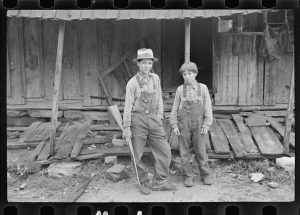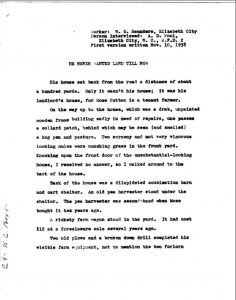Did life improve for former slaves and yeoman farmers in the century following the Civil War?
Subject(s): African Americans, Arkansas History, Economics, Geography, and US History
Time Period(s): (1850-1877) Civil War and Reconstruction, (1870-1900) Development of The Industrial United States, and (1890-1930) Emergence of Modern America
Grade level(s): 6-8 and 9-12
Click here to download the powerpoint
Supporting question(s):
What groups in society were most affected by tenant farming?
Is there a noticeable change in tenant farming (sharecropping) over time?
How did other parts of society view people who were tenant farmers?
Did tenant farming differ for African Americans as opposed to Whites?
Did the system of tenant farming help or hurt the economic and social status of former slaves and yeoman farmers?
Source Set
- Cotton Picking
- “Farmer and Planter: Anti-Cash Rent Crusade”
- Neal Jones' berry pickers, Springdale
- Gardening on a Rented Farm, Lancaster Enterprise, January 27, 1900
- An Act to Punish a Laborer, Renter or Sharecropper
- Interior of Negro Tenant Farmer’s Home, Little Rock, Arkansas
- Home of Tenant Farmer, Arkansas
- Parkin (vicinity), Arkansas. The families of evicted sharecroppers of the Dibble plantation.
- Children of Sam Nichols, Arkansas tenant farmer
- He Never Wanted Land Until Now
Description
An article about problems facing tenant farmers in Texas, Savannah Courier, January 14, 1898.
Description
An article by Howard M. Smith, describing how tenant farmers could make plenty of money if they planted vegetables.
Description
Newspaper reprinting of a 1900 Mississippi law regarding laborers, renters, or sharecroppers.
Description
A group of African American families stand beside a dirt road near Parkin with their belongings after being evicted from the Dibble Plantation in January 1936.
Description
The sons of Sam Nichols, a tenant farmer, stand in front of his home in rural Arkansas, October 1935.
Description
An interview with A. D. Pool, conducted by W. O. Saunders. The narrative tells the story of ‘Mose Sutton, an elderly tenant farmer in North Carolina.
Additional resource(s):
“Tenant Farming in Arkansas,” Southern Tenant Farmers Museum
“Sharecropping.” Slavery By Another Name, PBS.
Arkansas Frameworks(s):
Grade 8 Social Studies (United States History 1800-1900)
Era 5.2.8.6 Evaluate the successes and failures of Reconstruction
Era 6.3.8.3 Analyze the historical significance of individuals, groups, and events.
Arkansas History Grades 7-8
H.7AH.7-8.4 Examine effects of Reconstruction in Arkansas using multiple, relevant historical sources.
H.7.AH.7-8.7 Examine social, economic, and political effects of the Great Depression and the New Deal on various regions and segments of the population in Arkansas.
Economics
NE.5.E.2 Evaluate the impact of advancements in technology, investments in capital goods, and investments in human capital on economic growth and standards of living
World Geography
ES.7.G.1 Analyze effects of changes made by humans on the physical environment (e.g., industrialization, agricultural, rural land use, urban land use, mining, forestry)
